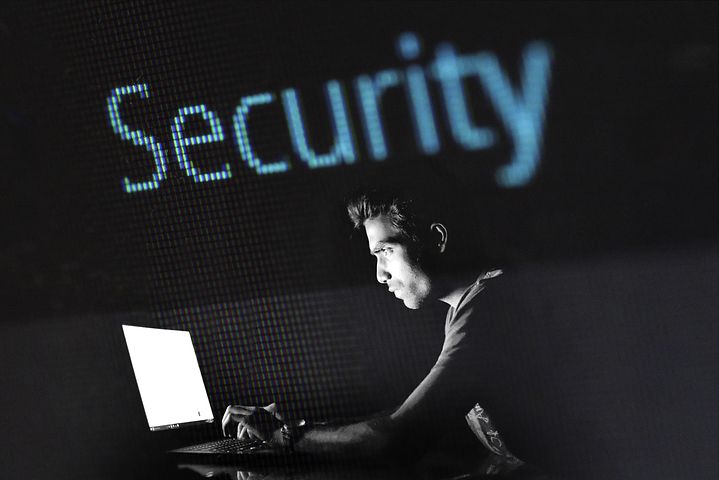
Our computers, personal and corporate, have become the online diaries of everything we do. It has become commonplace for our transactions, purchases, and communication to happen online. With one small glitch it’s not only possible to lose valuable information but for it to land in the hands of the wrong person.
Security has become a crucial component of a consistently safe and functional computer network. It requires a combination of strategies to prevent internal and external threats from compromising your company’s computer systems.
Some common threats are:
These threats will thrive on unsecured websites and wireless networks, weak passwords, un-patched software and lost devices.
Tips for Better Network Security
Passwords: It’s best to change passwords every 90 days or at the very least bi-annually. Use strong passwords – avoid proper nouns and words from the dictionary. Don’t use family names or milestone dates like birthdays or anniversaries.
Patches and Updates: There are new viruses every day and software companies can have updates as frequently as every week. Keeping software patches and updates current protects your computer system from vulnerabilities, so schedule consistent and frequent updates for your system. Pay particular attention to the most commonly used software like Adobe Suite, Microsoft Office, etc.
Secure your VPN (virtual private network): An open network connection is like an open door to hackers. Data is vulnerable when traveling over the internet so proper data encryption is essential. Multi-factor identity authentication is the most secure method and therefore highly recommended. This means that along with a password you’ll be required to use a pin, and additionally the option of an authentication code sent to another device.
Firewall: Use a firewall as a barrier between your VPN and the rest of the network. They are an excellent way to restrict unnecessary traffic in to your network. Run scanning software weekly. And to enable data encryption, use WPA – wi-fi protected access.
Use the Cloud: Cloud based email, file sharing and back up services. With these options data is encrypted during transfer and file recovery is faster.
User Access: Create strict and selective user-access policies. Employees only need access to information in the scope of their job requirements. Remote employees should secure their home networks to avoid compromising yours. Users should be prevented from downloading applications that aren’t on your company’s list of authorized software. Clean up and clean out inactive access accounts from former employees and contractors. They are a breeding ground for hackers.
Hiring Micronet SI to manage your computer network is like preventative medicine for the health of your systems. We can remove viruses and spyware and prevent them from infecting your system moving forward. If your system crashes, we can help to recover your data and then back it up so if it happens again you’ll be protected.